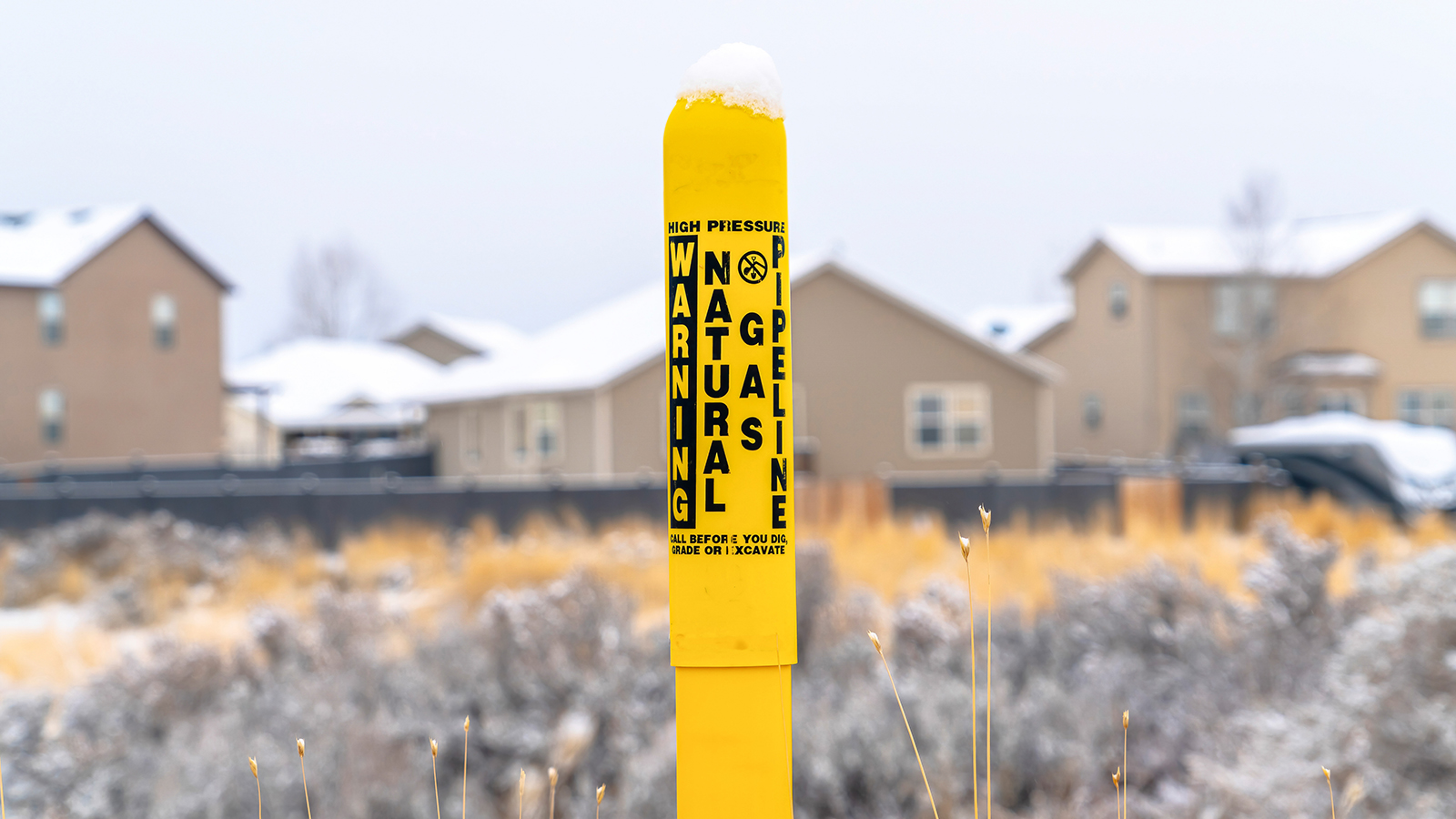
Methane Gas Leaks
Methane gas (often known as natural gas) has heated the homes of many Americans for over a century — and for over a century, it has been prone to leaks, putting communities and the environment in danger.
Methane gas (often known as natural gas) has heated the homes of many Americans for over a century — and for over a century, it has been prone to leaks, putting communities and the environment in danger.
Report ●
When you rely on a powered wheelchair to get around, any delay in repair imposes a burden on your mobility and financial security. It can even become a matter of life and death. Yet, as “Stranded,” a new report from U.S. PIRG Education Fund found, a constrained market for wheelchair service and repair in the U.S. makes delays, of weeks or even months, common.
Report ●
Two major recalls from the last seven months showcase the weaknesses in our food recall system: It often takes too long for companies and regulators to notify grocers, consumers, restaurants and food packagers, particularly regarding Class I recalls with a “reasonable probability” that exposure or use of the product could cause “serious adverse health consequences or death.” And once grocers find out, they aren’t required to contact customers who may have already purchased contaminated products. While many stores do quickly notify customers one way or another, the practices aren’t uniform and aren’t always timely. Meanwhile, people continue to get sick. The CDC estimates that one in six Americans become ill every year from foodborne diseases. Among those, 128,000 wind up in the hospital and 3,000 die.
Report ●
A guide with everything you need to know when considering switching from gas cooking to induction.
Report ●
New analysis of towing laws shows only 16 states ban kickbacks to property owners or law enforcement
Report ●
Every state can -- and should -- do more to protect drivers from predatory towing
Report ●
PFAS use in apparel and other consumer products is coming under increased scrutiny from lawmakers. However, apparel manufacturers and retail stores don’t need to wait for the law to catch up to the proliferation of toxic PFAS. They can get out in front of the regulatory curve and protect their customers and the planet from PFAS pollution by immediately adopting policies to end the use of PFAS in clothing, footwear, and accessories. Indeed, some already have. U.S. PIRG Education Fund, NRDC and Fashion FWD surveyed the PFAS-related policies and commitments of 30 top U.S.-based apparel brands and retailers, including companies in the footwear, indoor apparel, and outdoor apparel sectors and several of the nation’s leading apparel retailers. We graded them on the basis of their time lines for PFAS phaseout, the range of products covered by their PFAS policy, and public availability of company PFAS commitments, as well as their PFAS labeling and testing protocols.
Report ●
Unlocking the power of school transportation to build resilience and a clean energy future
Report ●
Report on issues with "Buy Now, Pay Later" financing plans.
Report ●